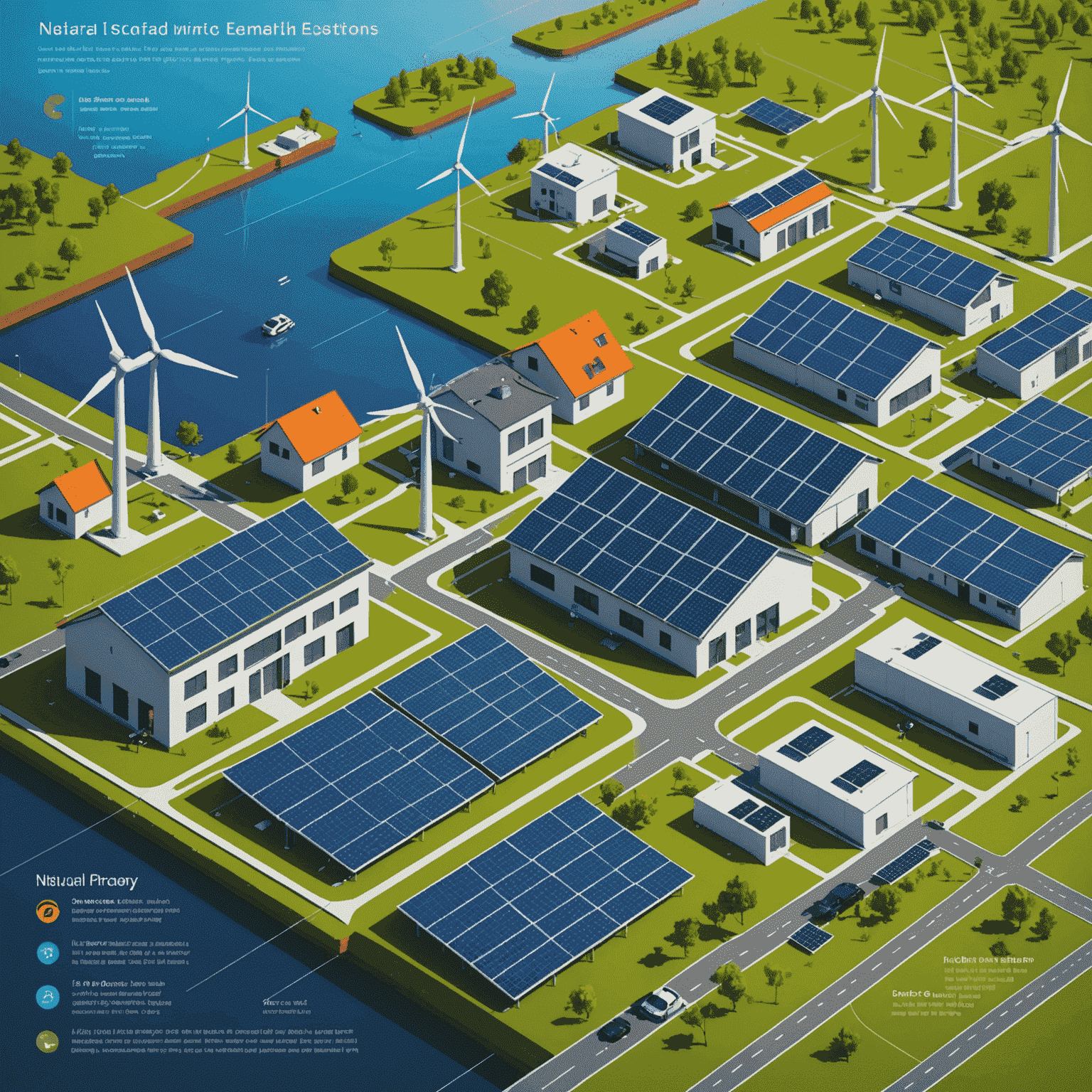Smart Grids: Powering the Cities of Tomorrow

In the rapidly evolving landscape of urban innovation, smart grids are emerging as a cornerstone of sustainable living and digital transformation. These intelligent power distribution systems are revolutionizing how we generate, distribute, and consume energy in our cities, paving the way for a more efficient and eco-friendly urban future.
The Foundation of Smart Infrastructure
Smart grids represent the convergence of traditional power grids with advanced digital technology. By integrating sensors, smart meters, and sophisticated data analytics, these systems provide real-time monitoring and management of electricity flow. This integration forms the backbone of smart infrastructure, enabling cities to optimize energy use, reduce waste, and respond swiftly to changes in demand.
Empowering Sustainable Living
One of the most significant benefits of smart grids is their ability to seamlessly integrate renewable energy sources. As cities strive for green technology adoption, smart grids facilitate the incorporation of solar panels, wind turbines, and other sustainable energy solutions into the urban power ecosystem. This integration not only reduces carbon emissions but also enhances the resilience of city power supplies.

Revolutionizing Urban Mobility
Smart grids play a crucial role in supporting the electric vehicle (EV) revolution. By managing the increased demand from EV charging stations and optimizing charging times, these systems ensure that the growth of electric transportation doesn't overwhelm the power infrastructure. This synergy between smart grids and EVs is a key driver in the transition towards cleaner, more efficient urban mobility.
Enhancing Energy Efficiency in Smart Homes
At the residential level, smart grids enable the proliferation of smart homes. These interconnected living spaces use data from the grid to automate energy usage, adjusting heating, cooling, and appliance operations based on real-time electricity prices and availability. This not only reduces energy bills for residents but also contributes to the overall efficiency of the urban energy ecosystem.
Challenges and Future Prospects
While the potential of smart grids is immense, their implementation comes with challenges. Cybersecurity concerns, the need for significant infrastructure upgrades, and ensuring equitable access to these technologies are hurdles that cities must overcome. However, as urban areas continue to embrace digital transformation, the evolution of smart grids promises to play a pivotal role in creating more sustainable, efficient, and livable cities of the future.
Conclusion
Smart grids are more than just an upgrade to our power systems; they are a fundamental shift in how we think about energy in urban environments. As we continue to explore the frontiers of urban innovation and eco-friendly urbanism, smart grids stand out as a beacon of progress, illuminating the path towards truly smart, sustainable cities of tomorrow.